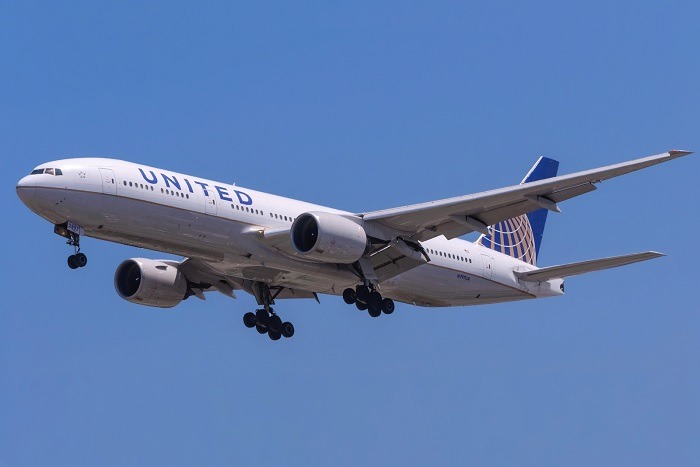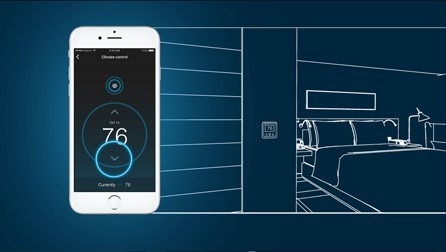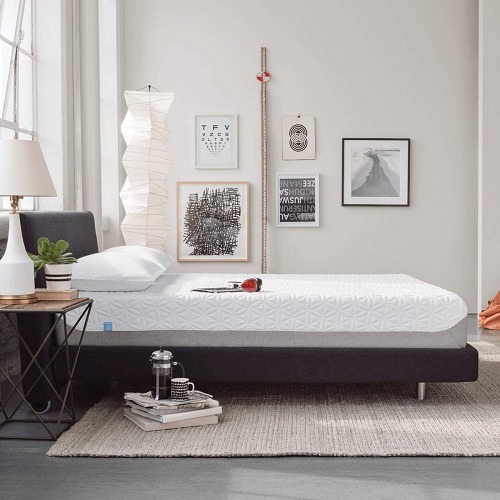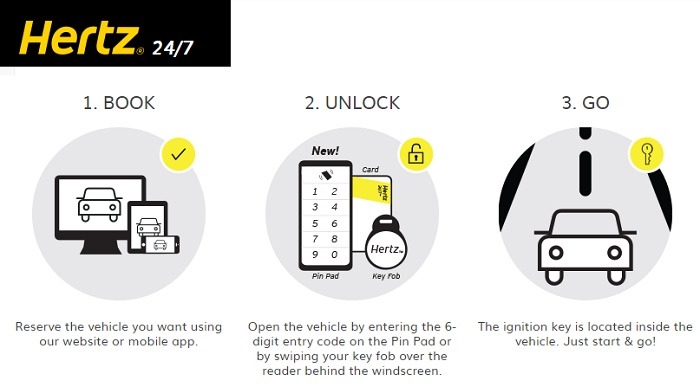
Whenever you’re planning a vacation, you want the perfect escape. Many of us live by the motto of minimal disruption in the trip and to absorb the best experience while staying within our budget.
The reality, though, is not always to our liking. On the few occasions when flights are cancelled, hotel rooms are overbooked, or the air-conditioning is not working, the whole trip can seem rather pointless and a waste of time.
What if it were possible to have a sense of inter-connectedness throughout your travels, using technology that eliminated the possibilities of unexpected discomfort? Thanks to the Internet of things, the travel industry has started moving towards this utopian state of bliss and nirvana.

How IoT Is Impacting the Travel Industry
Airlines and hotels are usually the first to lap up any innovation, and IoT is nothing short of a revolution. It won’t be long before smart speakers are used by airlines to check in for your flights.
As a matter of fact, United Airlines is already ahead of the game in offering smooth check-in on Amazon Echo, Echo Dot, Google Home and the FitBit smart watch.

Nowadays, voice control technology does more than just help you access your flight schedules and itineraries. It is also your de facto travel agent as it serves up latest information without you having to use a laptop or a search engine.
With just a few skills, you can train your potable speaker to find out exactly what you need. If you’re not a fan of speakers, you can still have a total IoT experience from your smartphone.
This is what the Hilton chain of hotels is doing with its “connected room” concept using their Hilton Honors app where you can convert your smartphone to a remote control for managing temperature, lighting and the entire in-room experience.

Are you tired after a long day of brisk walking? Perhaps you need a smart bed with a unique mattress that uses cooling technologies to provide super comfort. Presently, only the high-end hotels are experimenting with comfortable smart mattresses, but more are expected to follow soon.

Artificial Intelligence and Big Data in Travel
For quite a while now, online booking sites have been using artificial intelligence (AI) engines like WolframAlpha. This helps travelers make informed choices relating to available properties, personal preferences and location advantages.
Hertz, a rental car company, is using Big Data from telecom provider Orange’s IoT connectivity solution. The service called Hertz 24×7 allows tourists to pick up vehicles from anywhere and only be charged for when one is using the service.
One does not even need the ignition key anymore, as it can only be unlocked from a mobile app. So, if you’re not using a rental vehicle, you don’t have to pay for it. Now, this is a futuristic concept which will indeed become very popular in the days ahead.

Summary
In the IoT age, traveling is expected to become virtually effortless thanks to numerous smart products and their eager adoption by hotels, airlines, online booking companies and rental services.
Whether your trip is of a short duration or you’re planning a long getaway, high-tech travel is increasingly becoming affordable. The Internet of things, like many other aspects of life, is leaving a huge imprint on the travel industry.
Are you excited about the endless possibilities of smart travel with IoT? Or does so much automation worry you? Please let us know your thoughts in the comments.
Get the best of IoT Tech Trends delivered right to your inbox!







